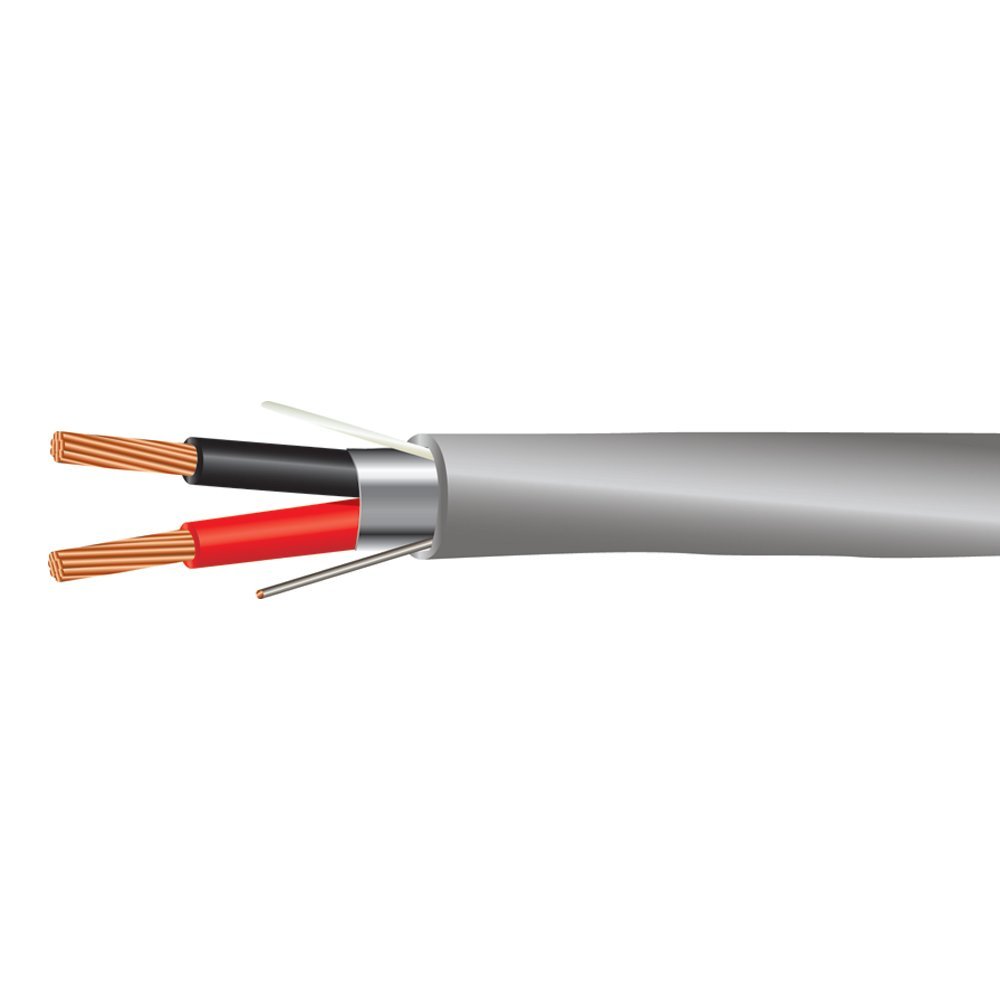
When it comes to the safety of our home and our families, there is no room to joke. Almost constantly, there are stories about homes that were broken into and families that were put in harm's way. You’ve heard that commercial, haven’t you? When a woman calls an alarm system company because her home has just been broken into? Unfortunately, there isn’t much that can be done once the incident has occurred, but it will motivate you to ensure you have a top-notch security system in place.
Now, when you hear these breaking and entering stories, what is the first thing that pops into your head? Maybe it’s, Is my home secure enough? or maybe it’s, This will never happen to me. While one thought might make you double check your security system or look into investing in a home security system, the other thought is one to worry about. Thinking that something like this will never happen to you is the first mistake people make when it comes to ensuring the safety of their homes and families. Bad things happen all the time and living somewhere with no security system in place is the first thing robbers will look at when scouring for their next hit.
If you already have a home security system in place, it is best to double-check the cables and wires to ensure proper connection and set-up. The last you want is to come home one day just to find that your alarm system failed, your home has been broken into, and your most prized possessions have been stolen. If you don’t have any kind of security system in place and your home ends up being broken into, then you’ll end up hitting yourself in the head over the fact that you overlooked an important part of keeping your home, your valued possessions, and your family safe.
There are many options you can look into in order to secure your home. Some of these options are: wiring alarm systems, intercoms, video surveillance, motion detectors, door and window sensors, and sirens. While all of these security systems offer different forms of protection, there is one thing they have in common: security alarm cables. Sure, you can opt for the wireless route. It may be easier on your wallet and easier to transfer if moving, but wireless security systems can also be less reliable. If you want a home security system you can count on, your best bet would be to invest in a wired system.
At EWCSWire.com, we’ve got all the security alarm cables you need to properly set up your security system. We are electric wire and cable specialists dedicated to providing our customers with quality products produced at the highest manufacturing standards. Our cables have stranded bare copper conductors and come either shielded or unshielded depending on your requirements. With American wire gauges at 14, 18, 20, and 22, our knowledgeable staff can help you find exactly what you are looking for. So, visit our website or contact us today let us help you secure your home!
Comments
Post a Comment